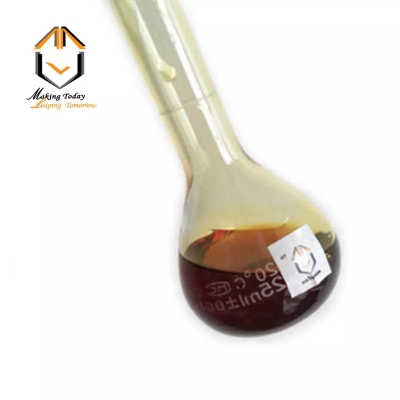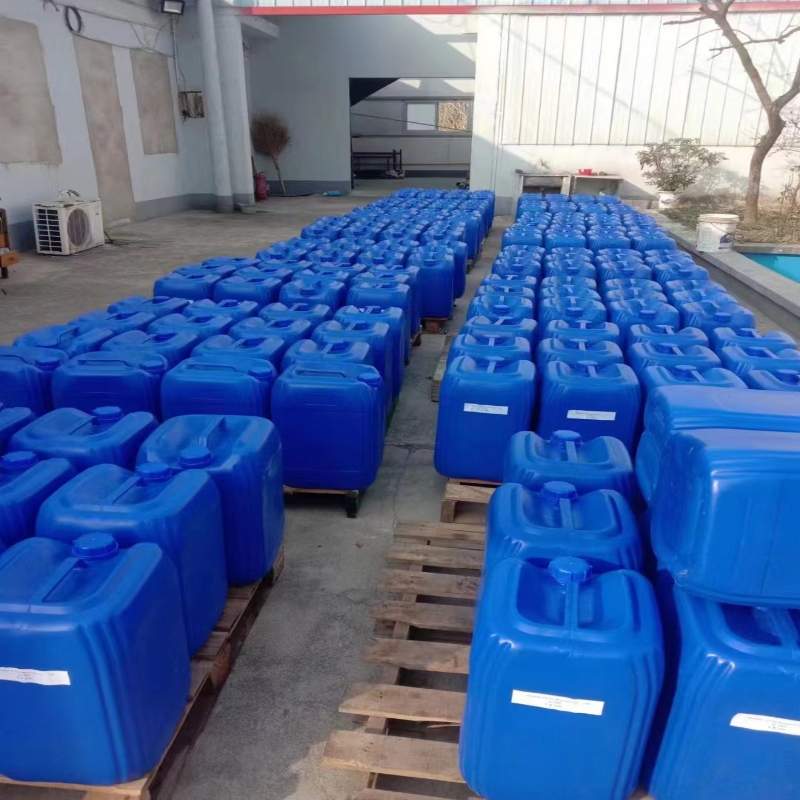-
Categories
-
Pharmaceutical Intermediates
-
Active Pharmaceutical Ingredients
-
Food Additives
- Industrial Coatings
- Agrochemicals
- Dyes and Pigments
- Surfactant
- Flavors and Fragrances
- Chemical Reagents
- Catalyst and Auxiliary
- Natural Products
- Inorganic Chemistry
-
Organic Chemistry
-
Biochemical Engineering
- Analytical Chemistry
-
Cosmetic Ingredient
- Water Treatment Chemical
-
Pharmaceutical Intermediates
Promotion
ECHEMI Mall
Wholesale
Weekly Price
Exhibition
News
-
Trade Service
On June 13, local time, the Finnish Energy and Clean Air Research Center released an investigation report showing that although the EU has imposed a number of economic sanctions on Russia since the outbreak of the Russian-Ukrainian conflict, the EU is still the largest buyer of Russian gas and oil
.
According to the Finnish Energy and Clean Air Research Center, from February 24 to June 3 this year, Russia earned 93 billion euros from exporting fossil fuels, of which 46 billion euros came from crude oil exports, 24 billion euros from the pipeline of natural gas, and the rest from the sale of petroleum products and coal
.
And 61% of Russia's total revenue from exporting fossil fuels, or about 57 billion euros, comes from the EU's purchases of Russian gas and oil
.
In addition, after the European Union imposed a number of economic sanctions on Russia, a number of European energy companies, including France's Total Energy, the Dutch Shell Group, and Spain's Repsol Corporation, continued to purchase Russian fossil fuels
in May.
The European Union announced in April that it would stop importing Russian coal
in August.
On June 3, the European Commission announced the sixth round of sanctions against Russia, including some oil embargoes, the EU will stop buying Russian sea crude oil within 6 months, and stop buying Russian oil products within 8 months, but EU member states that rely on Russian pipeline crude oil can be temporarily exempted
.
On the issue of sanctions against Russian gas, there are still serious
differences within the EU.
At a special EU summit at the end of May, Germany, Austria and others were adamantly opposed to putting an immediate ban on the import of Russian gas on the agenda
.







